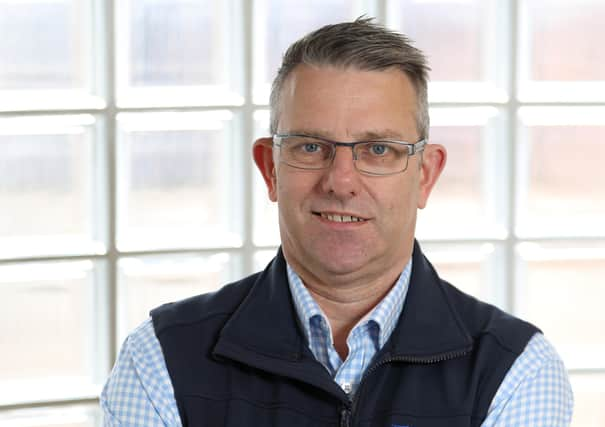New skills needed for net zero workforce in food and farming


According to think tank Onward, 3.2 million workers will need to “boost their skills” if the UK is to meet its 2050 Net-Zero target.
How we involve and look after our workforce underpins absolutely everything. That includes providing them with new skills and understanding, along with the freedom to challenge what we do and use their existing knowledge to help reduce emissions.
Advertisement
Advertisement
The business has a clear roadmap towards Net Zero, as part of Cranswick’s overarching Second Nature sustainability plan and goal to be Net Zero by 2040.
This includes working closely with and supporting our farmer suppliers wherever possible. We can help close the skills gap if we collaborate across the agri-food supply chain to understand the salient issues we all need to tackle to enable us to reach Net Zero.
If we demand transparency and work together on these, then as a sector we can succeed by not competing on climate.
We have recently started surveying all our team members on site for their views on our roadmap and are developing a programme to help get everyone involved.
Advertisement
Advertisement
This is a major focus for us now, following the carbon neutral certification we received at our Ballymena site – an important early milestone we are really proud to have achieved.
We still have a long way to get to Net Zero, though, so we are knuckling down to reducing our environmental impact further.
There’s no doubt that investments in infrastructure and machinery have had a big impact on our emissions reduction, for example, installation of heat recovery systems and the purchase of 100% renewable electricity for the site.
However, it is equally important to keep improving the way we inform and support our teams on our goals and collective efforts to achieve Net Zero.
Advertisement
Advertisement
Each of us needs to learn and share more about the impact of climate change and the practical things we, as individuals, can do about it at work and at home, ultimately building our confidence to make the best choices we can. Actions to reduce waste and emissions can relate to energy, water, plastic or food waste. Colleagues across our business have particular passions, whether it’s keeping fridge doors shut, an electricity upgrade or making sure our surplus food is used in our community. It all counts.